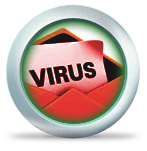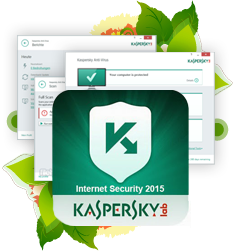A ransomware is a piece of malware that will lock your customer's machine by encrypting their files and even database. Some will prevent your customer to load browser or any app that is seems as a way to get help. Your customer will need to pay a fee either monetary or some ways that violates their privacy and security to get their files and control back.
Ransomware comes in via three(3) main methods :
 |
 |
As an attachment in their email |
| Ransomware could be modified from variants and sent via targeted emails. Sometimes ransomware are downloaded from an agent which are designed to avoid detection by common Antivirus. |
 |
 |
From the internet |
| Surfing pornographic, free serial keys and other questionable sites are open invitation to get your customer's system infected. Downloading popular hacked applications via bittorrent is also a common gateway for such infection. |
 |
 |
It is planted |
| This is the hardest ransomware to detect simply because it was planted there by a visitor or someone known to the owner of the machine. |
We have great news for you and your customer. For most of the variants and even modified versions of the top ransomware found, there is now a solution that rids your customer from getting infected.
|
Kasperksy version 8 onwards now comes with anti-ransomware detection. For more step-by-step guide on how to use Kaspersky effectively against Ransomware, please read the following link : http://support.kaspersky.co.uk/10905
Older versions of Kaspersky and most anti-virus will not be effective in preventing new variants of this ransomware, call us now to find out on our upgrade campaign and consultation. |
|
 |
|
